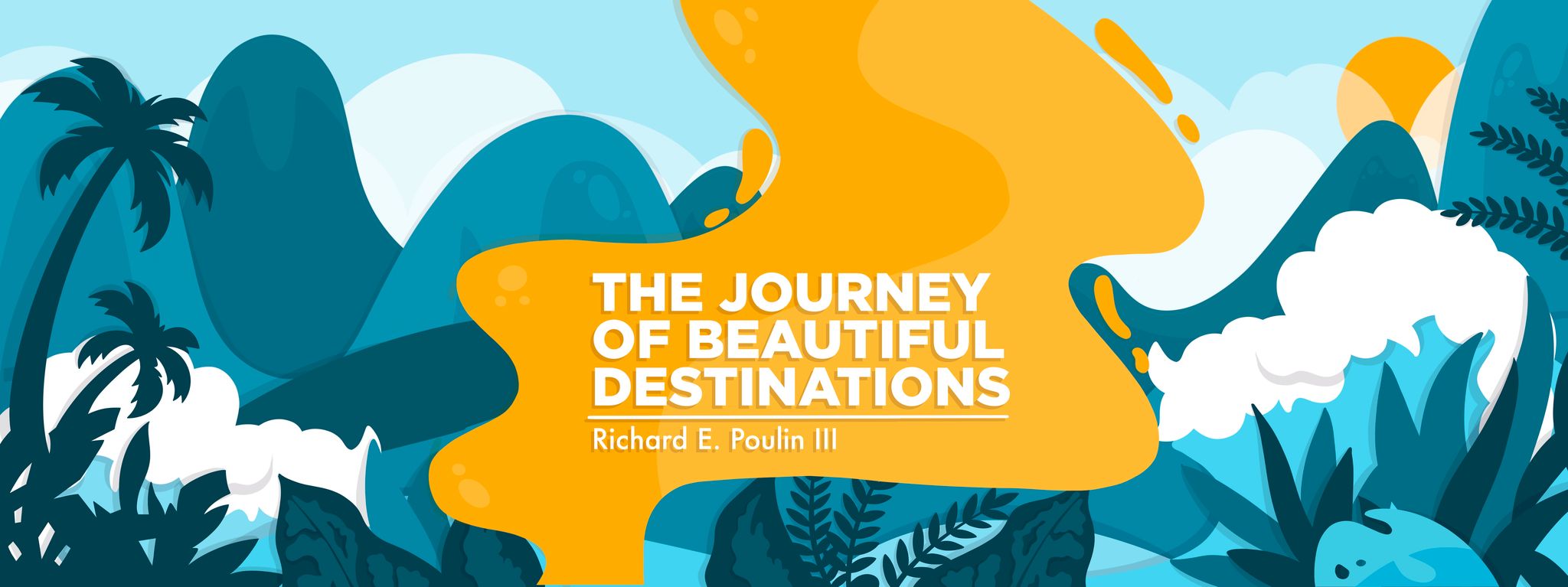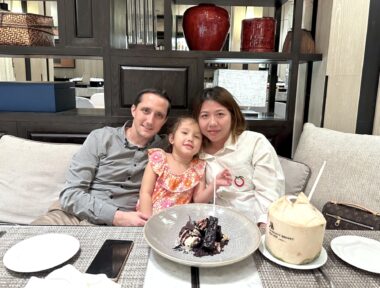6 things our friends did to make us feel included in social activities
A guide to interacting with friends who face chronic illness challenges
Written by |

When our daughter, Rylae-Ann, was 3 months old, we began to see signs that something wasn’t right. When that happened, my wife, Judy, and I disappeared from social media.
We retreated from our circle of friends into the darkness of our living room. Thankfully, our friends didn’t give up on us and continued to invite us out, even though we often declined as we tried to navigate a complicated diagnostic journey.
In the world of social interactions, we often encounter situations where we have to decline invitations despite our desire to connect with friends. When that happens, there is no greater feeling than having friends who continue to invite us anyway.
We eventually learned that our daughter has aromatic l-amino acid decarboxylase (AADC) deficiency. This diagnosis helped us better care for her, create routines, and use tools to adapt to our new lives. Rylae-Ann also received gene therapy, which helped us all transition back to a relatively typical lifestyle.
During that time of diagnosis and treatment, our friends were learning along with us, including how to improve their invitations and interactions with our family. I appreciated all of this and want to share some of their strategies in case you’re on a similar path. The following are six things our friends did to accommodate our family’s situation.
1. They continued to send invitations
Despite the fact that we declined several invitations to visit friends or go out to dinner, our friends continued to invite us on other occasions. Because of this, we always felt loved and knew that our friendships were strong. Our friends showed us that they were committed to us and our lives.
2. They gave us an out
With each invitation, our friends didn’t want us to feel obligated to say yes or afraid to say no. There was always some type of comment that let us know it was OK to say no. Sometimes, instead of being asked to respond, we were told only to show up if we could, even if it was just for a few minutes.
3. No one held a grudge
There were no negative consequences if we were unable to attend important events or declined invitations. When we saw our friends afterward, it was all smiles and we carried on as usual.
4. They invited us to a recap
After we missed events, our friends still mentioned us in online posts or filled us in on all the details. It made us feel like we were a part of the activity. It also allowed us to join in conversations afterward.
5. No special announcements when we did show up
For the most part, everything was casual when we did show up to activities. Everyone greeted us as if we had always been a part of the social gatherings. This meant that we didn’t have to worry about everyone’s eyes being focused on us.
6. They accommodated our needs
Sometimes we weren’t able to provide notice until the last minute about whether we could attend. Our friends are very understanding. When we did show up, they provided us with a room so that Rylae-Ann could take a nap or have a cool place to relax. They genuinely love our daughter and, with minimal prompting from us, knew how to accommodate her needs.

Rylae-Ann and her parents enjoy a friend’s birthday party in Hua Hin, Thailand. (Courtesy of Richard E. Poulin III)
Continuing to invite people out, even if they decline, is a positive habit that can create stronger and more fulfilling relationships. It’s a reminder that authentic connections aren’t based only on shared experiences but also on the efforts and intentions that people invest in them.
Keep inviting, keep connecting, and keep enjoying the journey.
Note: AADC News is strictly a news and information website about the disease. It does not provide medical advice, diagnosis, or treatment. This content is not intended to be a substitute for professional medical advice, diagnosis, or treatment. Always seek the advice of your physician or other qualified health provider with any questions you may have regarding a medical condition. Never disregard professional medical advice or delay in seeking it because of something you have read on this website. The opinions expressed in this column are not those of AADC News or its parent company, Bionews, and are intended to spark discussion about issues pertaining to aromatic l-amino acid decarboxylase deficiency.






Leave a comment
Fill in the required fields to post. Your email address will not be published.